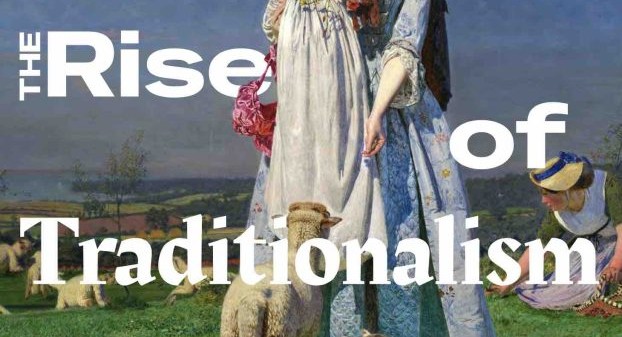Millennials are rejecting the labels older generations have placed on them, but they may have their own part in enforcing those perceptions, a new study suggests.
Mintel and Lightspeed GMI surveyed 739 internet users between the ages of 18 and 34, asking them about their perceptions of themselves, how they believe other generations perceive them and what their true priorities are.
When it comes to choosing words to describe themselves, 67% would use “accepting” or “open minded,” with 46% saying “independent,” 36% saying “compassionate” and 33% saying “unique.” Only 10% described themselves as self-centred or entitled, but 57% said older generations saw them as self-centred, with 63% saying they saw millennials as entitled.
Despite that, millennials’ views of other millennials was closer to the labels they felt older generations placed on them (48% saw other millennials as both self-centred and entitled), and far fewer gave other millennials the same positive attributes they gave themselves. This suggests some of the “labeling” millennials feel may also be, in part, coming from each other, or perhaps enforcing the label in their own minds to reinforce their own sense of individuality. The report suggest they take pride in doing things that allow them to stand out from the labels, and says marketing efforts that recognize or facilitate that could be particularly effective ways to reach the demographic.
Feelings towards advertising were generally negative, as 68% felt that it manipulated people into buying things they don’t really need, with 48% saying they felt overwhelmed by the number of ads they see on a daily basis. The report suggests that millennials are more attracted to brands that “see them as people and not as wallets,” and says taking ownership of shortcomings would be a way to increase trust. In addition, doing things that cater the shopping experience more to their lifestyle, or doing things that feel less like ads and put more of a genuine human face to the brand (pointing to MAC Cosmetics’ makeup tutorials) can also go a long way to seeming less “manipulative.” For spending behaviour, 60% said their purchases were influenced by consumer reviews, with 51% saying they ask friends and family for product recommendations. Also, 38% said stores are best used as platforms to create experiences around products they can later buy online, a number that goes up to 51% when looking only at those making over $75,000.
When it comes to financial priorities, 70% said recent economic conditions have reinforced how important saving for retirement is and 68% saying it made them more cautious about their spending, though 56% said they still find it difficult to find extra money to save every month. Just over half said their priorities over the next three years was to both live a healthier lifestyle and to travel more, with only 31% saying they were looking to change careers and 20% willing to go back to school to learn a new skill or trade.
























